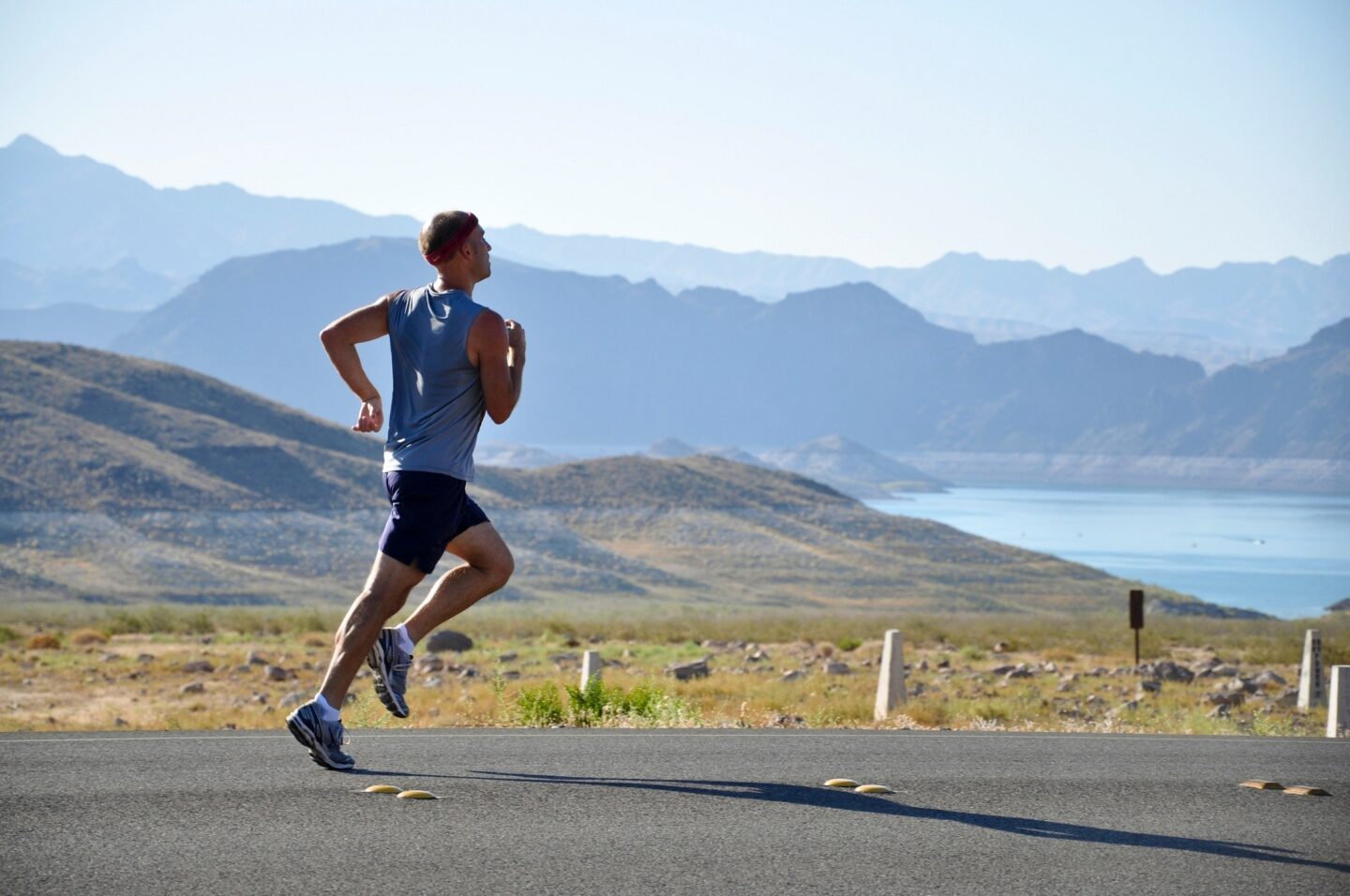Author: Matthew Lee ’22

Zoom fatigue is real, and us staying locked in quarantine doesn’t help the case. These days, it is more important than ever to prioritize mental health and stress management. It can, however, be hard to find any breathing room amidst our steadily compiling assignments and deadlines. But self-care doesn’t require fancy equipment or programs. In fact, lifting your mood and lowering anxiety can simply be done by spending time outdoors.
According to registered psychologist Dr. Lynne M. Kostiuk, “Nature…slows us down, lets us pay attention to different things, and let go of others. It gives us a chance to just enjoy ‘being’.”
Research has shown that as little as 20-30 minutes of exposure to nature a day can significantly reduce your cortisol levels, leading to a less tense and more positive mindset. Your memory and ability to focus improve, and your future self and grades will thank you. Exposure to natural light and fresh air revitalize your body, and it helps give your mind the break it needs. It doesn’t have to be a long, grand hike either – just a walk around the neighborhood will do the trick.
Got a case of cabin fever? It’s time for a change of scenery. How about taking a walk today?
Matthew Lee ’22 is a Peer Health Adviser (PHA) for First College.

